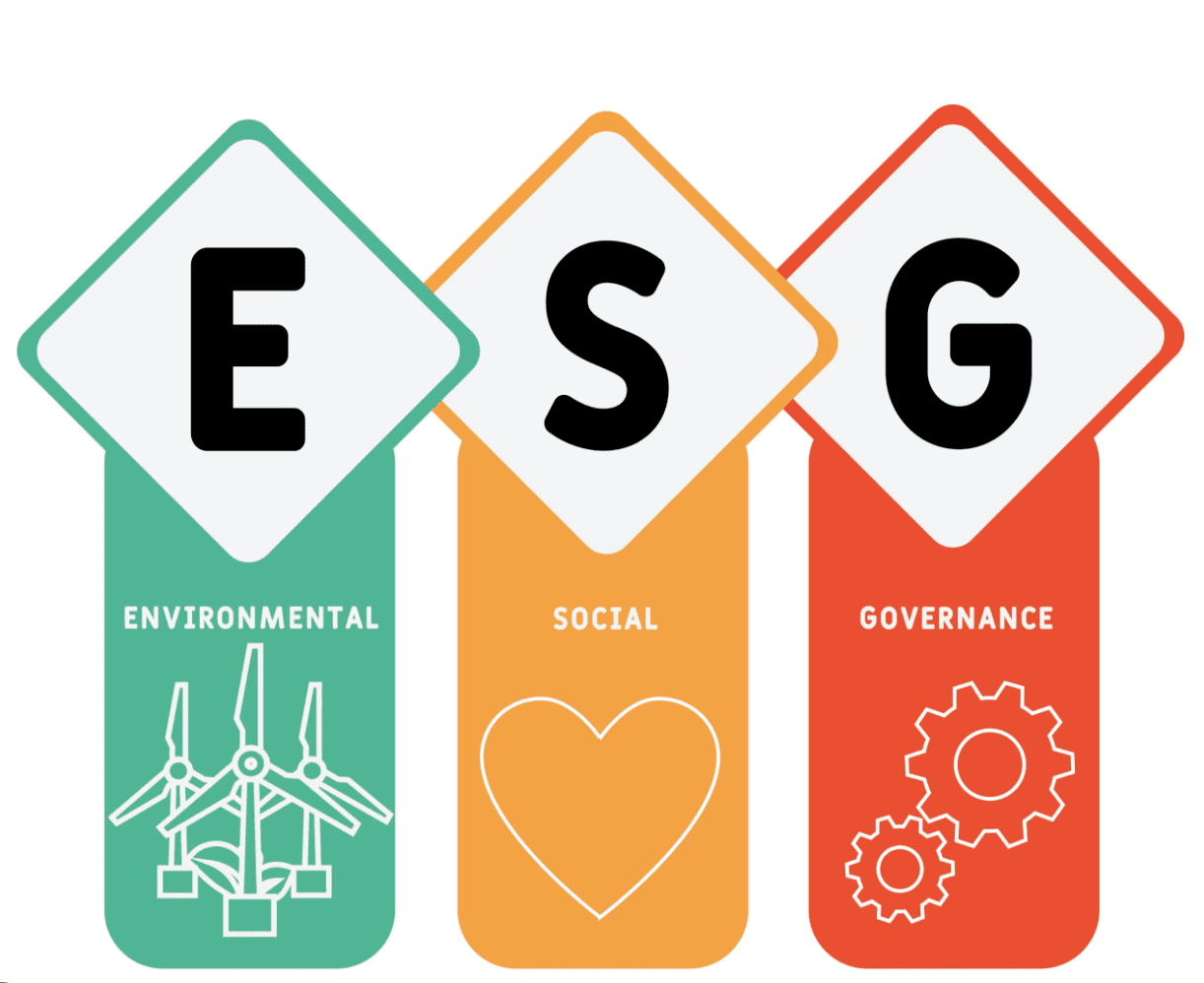The Rise of ESG Stocks: The Impact of Your Investment
The Rise of ESG Stocks: The Impact of Your Investment
Written by Katie Gomez
Recently, ESG investing has surged in popularity, especially among younger traders and investors. If ESG is new to you, it focuses on the environmental, social, and governance facets of companies. Also known as “social responsibility investing” or “social impact investing,” ESG emphasizes positive societal impact alongside individual profit. In this piece, we’ll delve into ESG’s allure, its rising interest among younger investors, and its potential trajectory.

Understanding ESG
ESG embodies a company’s commitment to upholding social standards. With growing awareness around climate change, social inequality, political shifts, and corporate governance, young investors are increasingly drawn to ESG-backed companies. As per Bloomberg Intelligence (2023), global ESG assets have reached trillions. In 2021, ESG was valued around $40 trillion, projected to touch $50 trillion by 2025. Moreover, ESG funds now account for 10% of global assets (Royal, 2023).
Responsible Investing
Think of responsible investing as a set of unwritten rules about conscious investment, emphasizing environmental, social, and governance considerations. While it may not replace functional or technical analysis, integrating such aspects can make investments more purposeful and impactful.
Investing is a form of consumerism. Much like being discerning about our purchases, we should be equally mindful of our investments. Breaking down ESG:
- Environmental: Evaluates companies based on carbon footprints, resource conservation, and environmental impact.
- Social: Assesses societal impact, including diversity practices, community involvement, media interaction, and civil rights.
- Governance: Focuses on company leadership, ethical standards, mission statements, and the overall impact of executive decisions.

ESG’s popularity lies not only in its ethical alignment but also the fulfilling sensation of making a broader impact through investments. Moreover, shareholders in ESG-centric companies often wield more influence over corporate decisions, advocating for sustainable practices and transparency.
The Benefits of ESG Investing
- Enhanced Risk Management: ESG-focused companies usually have robust risk management strategies, safeguarding investors from potential challenges.
- Growth Opportunities: ESG investing introduces you to communities and sectors primed for growth, such as renewable energy and clean tech.
- Diversification: ESG provides a chance to diversify, which can increase portfolio value and minimize risk. Some financial experts believe that ESG criteria can shield investors from the pitfalls that unethical companies face when their misdeeds come to light.
- Timeliness: With ESG gaining momentum, now might be an opportune time to invest before it becomes mainstream and prices adjust.
The Drawbacks
No investment strategy is without cons. One limitation of exclusive ESG investing is the potential to miss out on a wider range of stocks. If you become solely focused on ESG ethics, you might overlook other lucrative opportunities. A recent Investopedia survey found that nearly half of ESG investors would accept a 10% loss over five years if it meant supporting ESG-compliant companies (Brock, 2023). Thus, it’s not surprising that ESG stocks often come at a premium. While ethics are vital, they shouldn’t overshadow the broader financial objectives.

Conclusion
Whether you’re an experienced trader or a newcomer using apps like Robinhood, ESG can be a compelling investment. Diversification is crucial for long-term success. If you’re keen to amplify your portfolio, consider harnessing the momentum of ESG stocks. For tailored investment advice, visit Trade Ideas and embark on your next phase of financial growth.
REFERENCES:
https://www.investopedia.com/terms/e/environmental-social-and-governance-esg-criteria.asp https://www.bankrate.com/investing/esg-investing/
